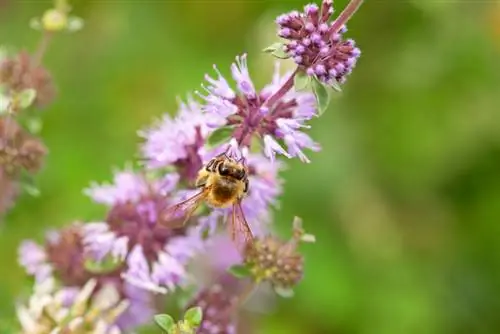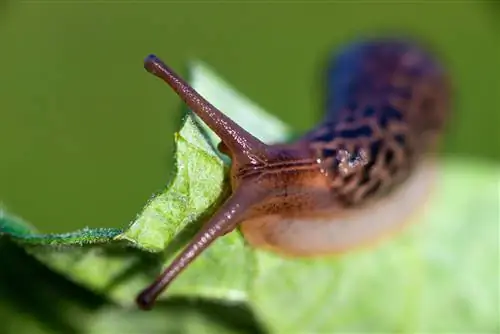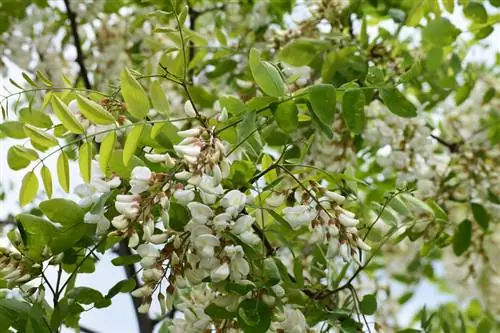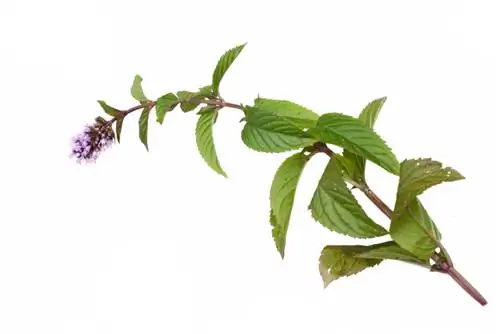- Author admin leonars@hobbygardeners.com.
- Public 2023-12-16 16:46.
- Last modified 2025-01-23 11:20.
Pole mint (Mentha pulegium), unlike peppermint, is not suitable for eating or as a natural medicinal plant. Polei mint contains toxins that can cause serious symptoms of poisoning if consumed in large quantities. However, poisoning does not occur frequently due to the rarity of polei mint.
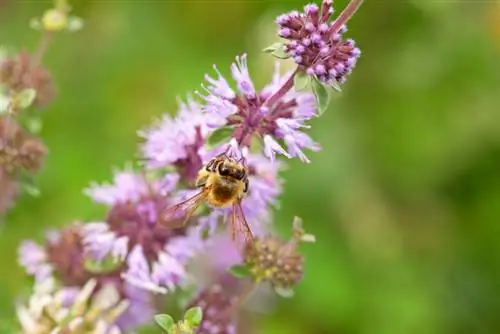
Is polei mint poisonous?
Pole mint (Mentha pulegium) is poisonous because it contains the toxin pulegone. If consumed, symptoms such as vomiting, increased blood pressure, paralysis and respiratory failure may occur. If consumption is suspected, a doctor should be consulted immediately.
Polymint is poisonous
The toxin found in all parts of polei mint is pulegone, which is contained in the essential oil. If the substance is absorbed through the plant, various symptoms of poisoning occur:
- Vomiting
- Increase in blood pressure
- Symptoms of paralysis
- Respiratory paralysis to cessation
If polei mint has been accidentally consumed, see a doctor immediately.
Pole mint used to be drunk as a tea to induce abortions. Because of the deaths caused by it and also because its occurrence has become very rare, polei mint is no longer used as a natural remedy today.
Tip
Pole mint looks very similar to the non-toxic peppermint. The most important distinguishing feature are the stamens that protrude from the flowers of polei mint. Polei mint can also be recognized by its hairy flower throat.

